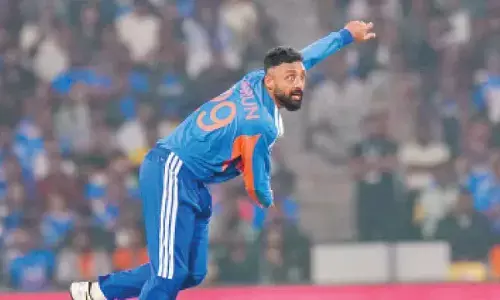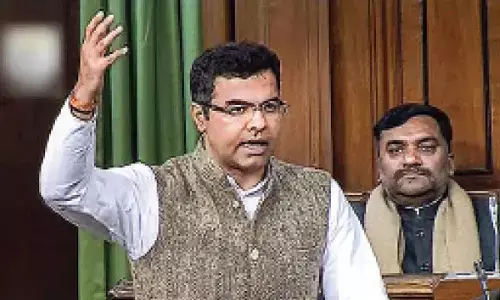Varsha Pratipada- Its Historical Importance

Varsha Pratipada- Its Historical Importance, 31 March is the first day of Yugabadha-5116; and Vikram samvat 2071
31 March is the first day of Yugabadha-5116; and Vikram samvat 2071
The new year of the Yugabadha, Shalivahan and Vikram samvat, the Indian calendars in vogue since the ancient time, begins from Pratipada [the first day of Chaitra Shukla. Where Yugabadha samvat marks the day when Brahmaji created the Universe, then the Shalivahan and Vikram samvats are commemorative of those glorious moments of national history when the king Shalivahan gained the victory over Sakas; and, then, Vikramaditya expelled them [Sakas] out of the Bharat bhoomi for ever. It is because of this that saffron flags are hoisted on house to house on this day. Thus, besides spirituality, Varsha Pratipada symbolizes the national victory, either.

The first ever foreign invasion that India saw was in 372 B.C. by Alexander, the Greek king. It was the time when entire Europe was overrun by Greek warriors led by Alexander. After the conquest of Iran when Alexander marched forward to invade India he gained some success initially and extended his empire to some of the pockets of Sindha. But, later, the small Indian republics lying beyond it [Sindha] formed an alliance and gave tough fight to him; and ultimately Alexander, effete and dejected, gave up his expedition to India and retreated to go back to Babylon, his native place. And then, Salukas Nicator, the brave king to succeed Alexander, again mounted an attack on India; but owing to his defeat in the hands of Chandragupta Mourya, he thought it wise to come to peaceful accord with him. And he established blood relationship with Chandragupta Mourya by marrying his daughter with him. Yet this peace couldn’t last long. And when Brahmadatta Mourya succeeded Ashoka to ascend the throne of Patliputra another of Greek commanders Demetrius and, then, Menander[Milind] again attempted to invade India, taking the advantage of internal weakness of Mourya kingdom wrought by the over emulating of the much paraded principles of non-violence under erstwhile king Ashoka. But Kharwel, the King of Kalinga, defeated Demetrius; and, Pushyamitra, who rose to kingship of Patliputra by dethroning imbecile Brahamdatta Mourya, defeated Menander and pushed the Greeks beyond the river Sindhu forever.

















